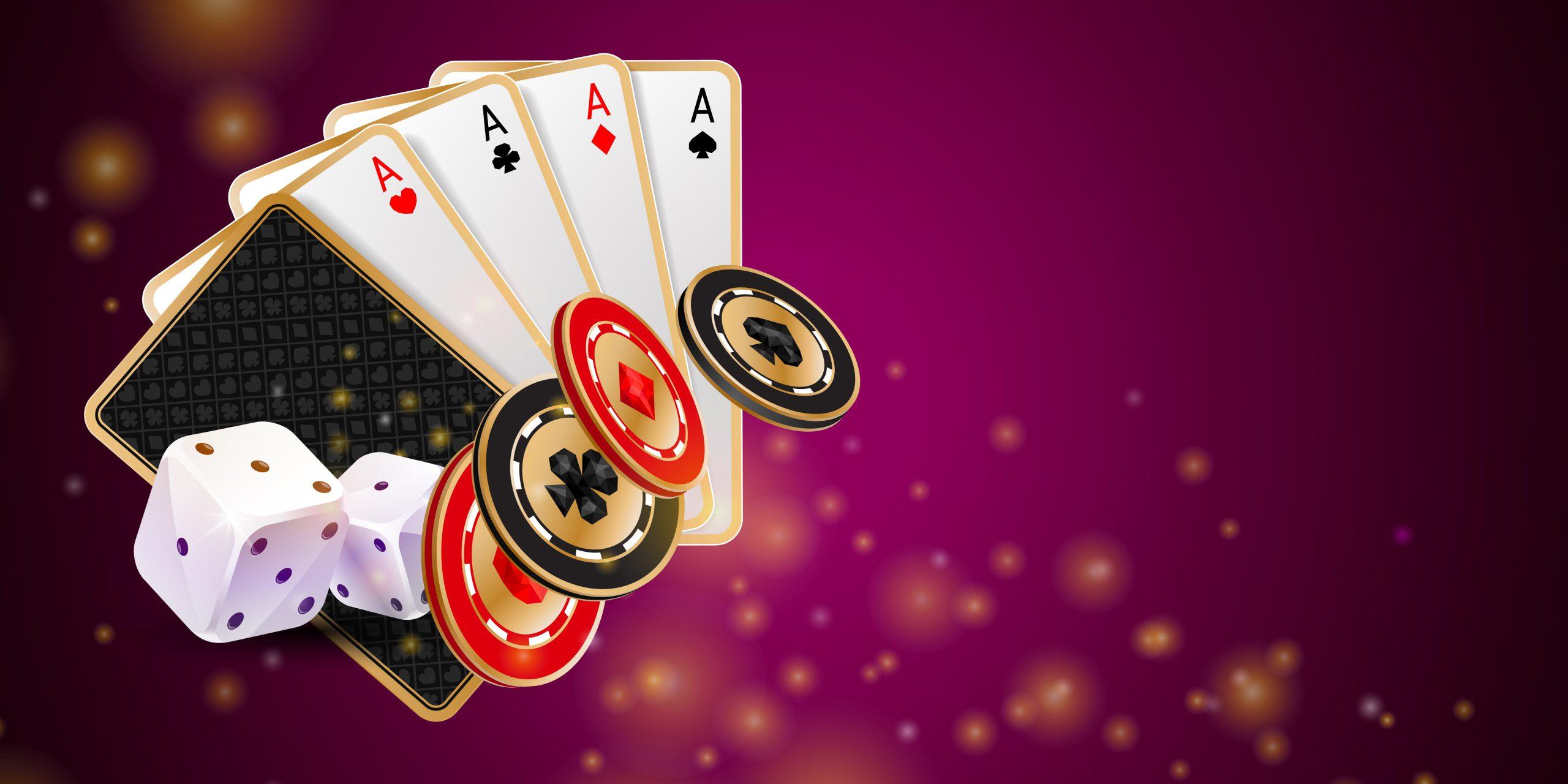
Stepping into a casino is like entering a world of endless possibilities. The bright lights, the sounds of excitement, and the thrill of the games all combine to create an atmosphere unlike any other. One of the most exhilarating experiences in a casino is the near miss, that heart-stopping moment when you come so close to winning big, only to have it slip away at the last second. The psychology behind near misses in casinos is fascinating, and understanding it can help you navigate the highs and lows of gambling with a clear mind.
So, what exactly is a near miss? In the world of gambling, a near miss occurs when you come very close to a winning outcome but fall just short. It could be landing two out of three matching symbols on a slot machine, missing the jackpot by one number on the roulette wheel, or busting by just one point in blackjack. Near misses are designed to keep players hooked and coming back for more, as the almost-win creates a sense of anticipation and excitement that can be hard to resist.
But what is it about near misses that make them so thrilling? It all comes down to the way our brains are wired. When we experience a near miss, our brain releases a rush of dopamine, the feel-good chemical that is associated with pleasure and reward. This dopamine hit can create a sense of euphoria, even in the face of disappointment. It’s this mix of excitement and frustration that makes near misses so addictive, driving players to chase that elusive win in the hopes of re-creating that high.
However, the psychology of near misses in casinos is not as simple as a mere chemical reaction. There are several cognitive biases at play that can further fuel the allure of near misses. Here are a few key factors to consider:
- Illusion of Control: When we experience a near miss, we may convince ourselves that we have some control over the outcome, even though it is ultimately determined by chance. This illusion of control can make us more likely to keep playing, as we believe that our actions can influence the result.
- Gambler’s Fallacy: This is the belief that past outcomes can influence future results. When we experience a near miss, we may convince ourselves that a win is just around the corner, even though each spin of the wheel or deal of the cards is independent of the last.
- Loss Aversion: Humans are wired to avoid losses, and the pain of missing out on a win can be more powerful than the pleasure of actually winning. This can lead us to take greater risks in an attempt to recoup our losses, even if it means gambling more than we can afford to lose.
Despite the allure of near misses, it’s important to approach gambling with a clear head and set limits for yourself. Remember that casinos are designed to make a profit, and the odds are always in their favor in the long run. While near misses can be thrilling, they are ultimately a result of the random nature of gambling, and no amount of strategy or skill can guarantee a win.
So the next time you find yourself tantalizingly close to a jackpot on the slot machines or just one card away from a winning hand in poker, take a moment to appreciate the thrill of the near miss. Enjoy the rush of adrenaline, but remember to gamble responsibly and know when to walk away. After all, it’s the journey, not just the destination, that makes the world of casinos so exciting.































